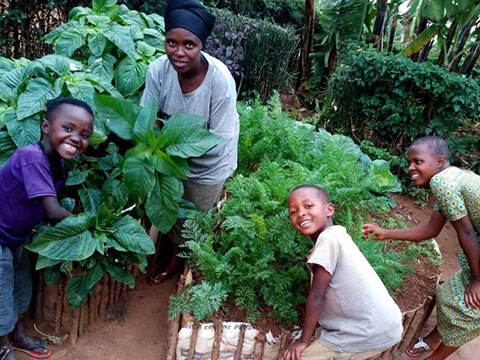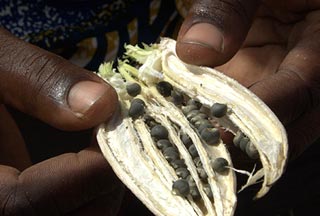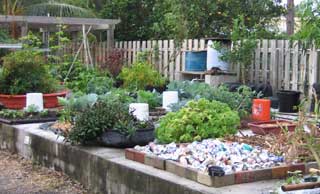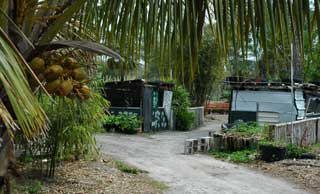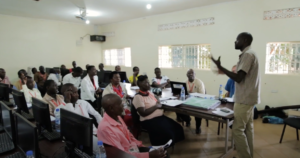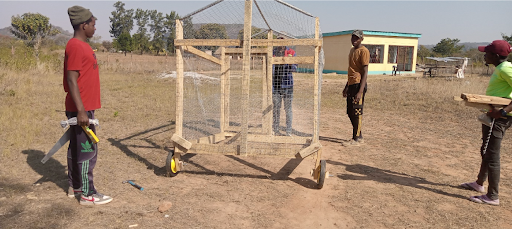Two Zimbabwean agricultural leaders received training and encouragement after attending an ECHO symposium at the East Africa Impact Center. When they came, they were discouraged by some of the challenges they had faced in their area. By the time the symposium was over, they realized these challenges were not unique to them, and together with other organizational leaders, they found new solutions and innovations to bring back to their communities.
Victor Norest and Ronald Gondongwe work with Bopoma Villages to implement community gardens in Zimbabwe, equipping locals to manage the gardens through their own education program. The program has a capacity of 10-15 students and teaches them the basics of agroecology (farming that works in tandem with the natural environment) and sustainable farming techniques over a four-month semester.
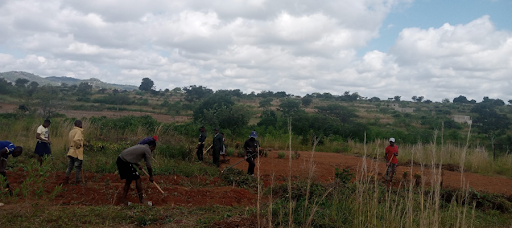
According to Gondongwe, introducing nutritional gardens has lessened chronic diseases of the elderly and the sick since they now have access to a more nutritious diet and medicinal plants. Rainwater harvesting has dramatically increased the yields of crops since Norest and Gondongwe introduced the technology to the communities. This education is giving young people a life path that leads them away from poverty and substance abuse, which are pervasive in their community.
“We train them with the appropriate technology to show them they have a future and they are a part of the community and they should contribute to the community in a positive way,” Norest said. “Helping the community at large… that is the stewardship we are trying to develop so that they will bring change into our communities.”
Norest and Gondongwe wanted to add more localized techniques to the program, so they visited ECHO’s East Africa Impact Center in Tanzania.
The two spent nearly a month learning about ECHO’s sustainable practices specific to the climate of East Africa, including the use of tree nurseries, biofuel, green manure, cover crops, animal husbandry, and most importantly, community involvement.
“We have learned a lot from ECHO Tanzania,” Norest Said. “They were working with the community in finding solutions to give the appropriate technology to the environment and involvement of the community.”
Norest and Gondongwe attended an ECHO symposium in Tanzania with other leaders of sustainable agriculture organizations from Kenya, Rwanda, Tanzania, Uganda, and Zimbabwe. The groups traded sustainable techniques and solutions they had found to similar problems. The groups shared devotional time and connected over their commonalities of work and desire to honor God’s Kingdom.
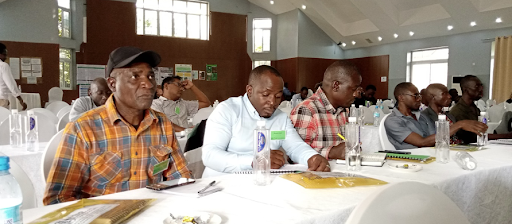
“This work is serving God,” Gondongwe said. “It is fulfilling what He intends for us to do.”
Norest and Gondongwe were able to learn from the groups and return home with new knowledge to share with their students.
Eager to teach new techniques, they began by implementing appropriate technology. They added a mobile chicken coop, also known as a “chicken tractor,” which allows chicken droppings to be used as fertilizer. It also helps lower the risk of diseases in the chickens.
They also added cover crops and green manure, which according to Norest, drastically increased the crop yields in a community they serve in Zimbabwe.
To further community outreach, Norest and Gondogwe began working with churches after seeing the unity of the staff at ECHO and their ministry.
Now, they continue graduating cohorts of students who help manage successful gardens in their communities. The students take their teachings to heart and dedicate their time to teaching others sustainable agriculture. One student has created “standing” gardens or raised beds in a community of elderly women, teaching them how to propagate their seeds and grow nutritious food and medicinal plants to aid with pains and illnesses. Another student has been running the community gardens that Bopoma put in place, producing large yields.
“We encourage the youths to help in community gardens because we want to show them that they belong and they can contribute,” Norest said. “It is not only about their development but also the community that is around benefiting from them.”
—
ECHO provides hope against hunger around the globe through agricultural training and resources. As a Christian technical networking and resourcing organization, ECHO builds a diverse, global network and serves that network by sharing validated contextualized agricultural options with technical excellence. ECHO’s goal is to serve and empower its network members to advance food security and sustainable livelihoods. ECHO’s North American Regional Impact Center is located in Fort Myers, Florida with a global presence through four Regional Impact Centers in the USA, Thailand, Tanzania, and Burkina Faso. For more information about ECHO call 239-543-3246 or visit echonet.org or ECHOcommunity.org.
